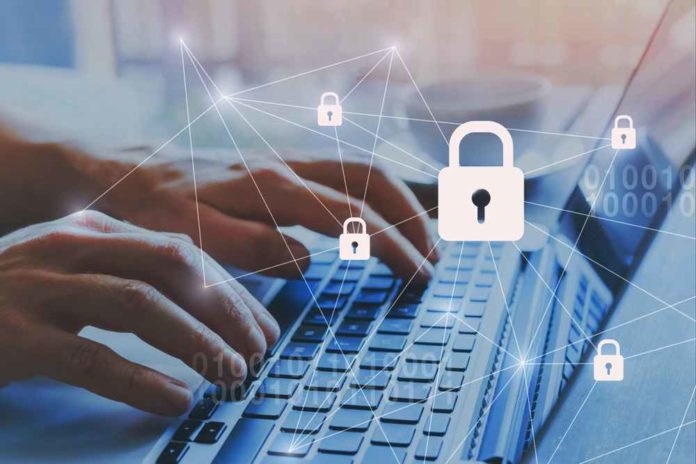In the dynamic world of cybersecurity, the fight against digital threats extends beyond the virtual realm to the legal arena. As cybersecurity professionals continually adapt to emerging challenges, understanding the legal aspects of their work has become indispensable. This comprehensive guide aims to illuminate the intersection of cybersecurity and the law, providing insights into the crucial role legal considerations play in the defense against cyber threats.
The Complexity of the Legal Framework
Operating within an intricate legal framework that encompasses data protection laws, cyber crime regulations, and evolving compliance standards, cybersecurity professionals face a labyrinth of legal implications surrounding incident response, threat detection, and digital forensics.
As organizations grapple with the fallout of data breaches and cyber incidents, the collaboration between legal experts and cybersecurity professionals becomes increasingly crucial to forging a robust defense strategy. This collaborative approach not only aids in an effective incident response but also ensures alignment with legal requirements.

Legal Considerations in Incident Response
When a cyber incident occurs, the response extends beyond technical measures. Preserving evidence, complying with regulatory obligations, and understanding potential legal consequences are vital components of incident response. This is where the collaboration between cybersecurity and legal experts proves indispensable.
In the aftermath of an incident, organizations must meticulously document response steps. This documentation serves as a valuable internal resource and potential evidence in legal proceedings. Legal aid alternatives, including expert witnesses and specialized legal services, become pivotal in this phase, providing support to organizations navigating the complexities of cybersecurity law.
The Vital Role of Legal Aid Alternatives
In the legal landscape of cybersecurity, legal aid alternatives play a crucial role in providing specialized support. Organizations facing cyber threats can benefit from the expertise of legal professionals like Rapid legal solutions in Townsville who comprehend the intricacies of cybersecurity law. These professionals assist in navigating the legal aftermath of an incident, ensuring organizations meet legal obligations and are well-prepared for any ensuing legal challenges.
Integrating Legal Considerations into Cybersecurity Practices
As cybersecurity professionals incorporate legal considerations into their practices, a proactive approach becomes evident. This involves not only reacting to incidents but also preemptively addressing potential legal challenges. By intertwining legal considerations into cybersecurity strategies, organizations can create a holistic defense posture.
In conclusion, the relationship between cybersecurity and the law is intricate and multifaceted. Cybersecurity professionals must stay informed about the latest offensive trends while understanding the legal landscape. Legal aid alternatives emerge as invaluable partners, providing support and expertise when most needed.
As the digital landscape continues to evolve, collaboration between cybersecurity and legal professionals becomes increasingly vital in fortifying defenses against cyber threats. Embracing this synergy, organizations can navigate the legal complexities of cybersecurity with confidence and resilience.
The Growing Significance of Legal Collaboration in Cybersecurity (Additional Content)
In recent years, the landscape of cybersecurity has witnessed a paradigm shift with the growing recognition of legal collaboration as an integral part of defense strategies. This shift has been spurred by an increasing number of cyber incidents resulting in legal implications, prompting organizations to integrate legal considerations into their cybersecurity practices proactively.
Cybersecurity incidents are not only a technical challenge but also a legal minefield. Organizations are realizing that legal expertise is essential not just for compliance but as a proactive measure to anticipate and mitigate legal risks associated with cyber threats. This evolving perspective has led to a surge in demand for legal aid alternatives, reinforcing the need for a harmonious collaboration between cybersecurity and legal professionals.
Legal Aid Alternatives: A Strategic Asset
Legal aid alternatives have emerged as strategic assets for organizations navigating the intricate intersection of cybersecurity and the law.
These legal aid alternatives offer specialized services, including legal consultations, regulatory compliance assessments, and representation in legal proceedings related to cybersecurity incidents. By leveraging these services, organizations can enhance their legal resilience and navigate the complex legal landscape with confidence.



































